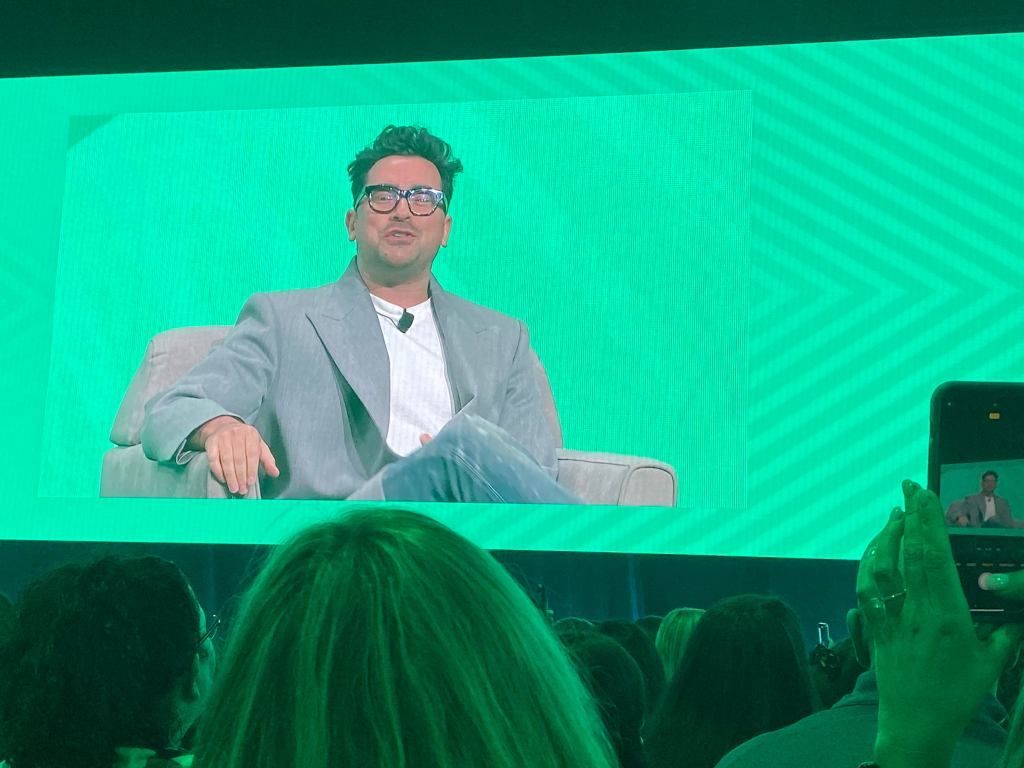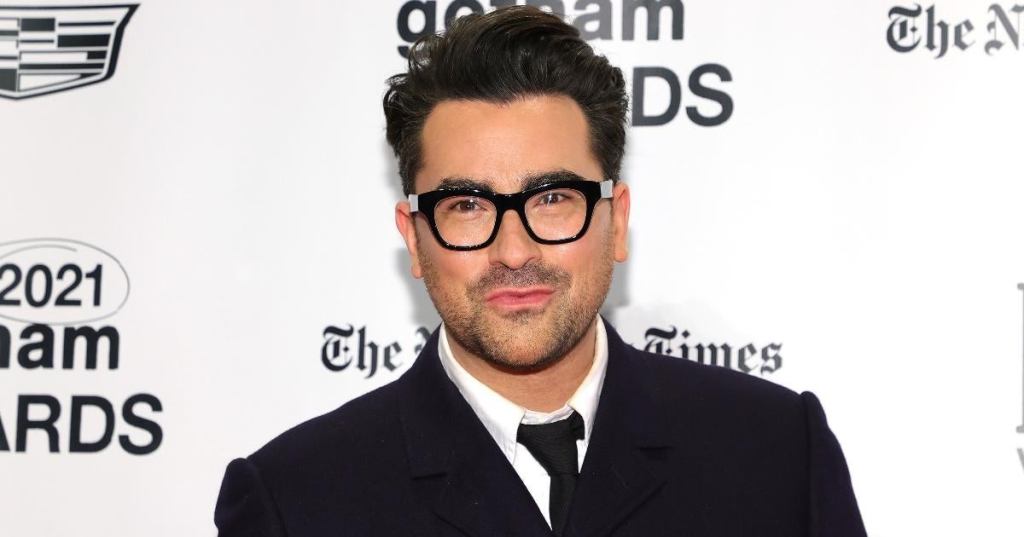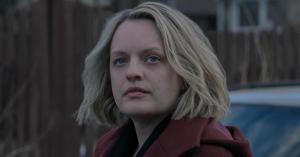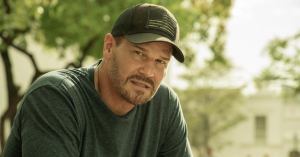Schitt’s Creek was a huge hit as it won nine Primetime Emmy Awards in 2020. But after 80 episodes, the show created by Dan Levy and his father Eugene Levy came to an end. PopCulture.com attended the Workhuman Live event in Atlanta where Dan Levy was the keynote speaker. In a conversation with author and researcher Cy Wakeman, Levy explained why he ended the series after six seasons.
“I gave you 80 episodes,” Levy said jokingly when asked if he felt any guilt about ending the show during the early stages of the COVID-19 pandemic. “But it’s an interesting thing. And I’ve had a lot of people in Hollywood be like, ‘Yeah. It could have gone five more seasons.’ And I was like, Well, we could’ve. That would’ve been s—. Could’ve maybe driven the show into the ground. People would’ve fallen off and never returned. There’s something to be said about thinking long term about an idea, instead of just acting in the moment.”
Videos by PopCulture.com

Schitt’s Creek aired on Pop TV, making its debut in 2015. Each of the six seasons earned critical acclaim and continue to be a hit on Netflix (and will eventually move to Hulu). In the show, Levy plays a pansexual character named David Rose, the son of Johnny and Moira Rose played by Eugene Levy and Catherine O’Hara, respectively. Schitt’s Creek also stars Levy’s sister Sarah Levy, who had a recurring role in the first season before being promoted to a series regular the rest of the run.
Dan Levy also talked about ending the show while it was on top. “The number of people who come up thinking like they know better than me saying, ‘You really missed the opportunity to take it to season 10,’” Levy said. “It’s like, ‘Well, did I? Because I know we’re still trending on Netflix three years after the show because we ended on a high note and left people wanting more.’”
He continued, “We as a culture are so used to having everything we want that we never want. And so to end the story, a place that might force people to say like, ‘Oh, I really want to be with these people again. I’m going to start back at the beginning.’ Think about all the shows that we’ve watched that you know by episode 200, that the joy is gone, the spark is gone and now we’re watching something and we stopped watching it. And we’d never go back. If you think about it, all the shows that have overextended their stay for a variety of reasons, I’m sure they’re all legit, but you never go back to them. And I wanted a legacy with the show.”





